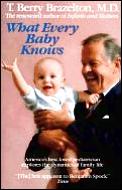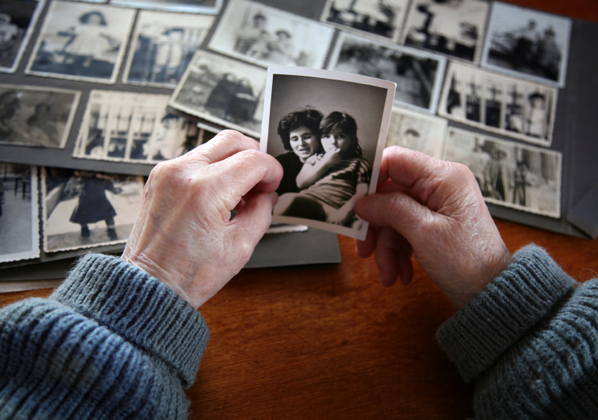It’s Not Me: It’s My OCD: Overcoming Obsessive Compulsive Disorder
…would grimace each and every time. My older sister’s gentle, yet insistent voice: “Just tell yourself, ‘It’s not me’ it’s my OCD.’” “How corny,” I would think before retaliating with, “You don’t understand, it is me.” These were my real thoughts. Real fears. I had real reasons to wash my hands 10 times an hour, to open doorknobs with my elbows, to avoid contact with bed sheets and dollar bills, to fear the tiniest speck of red on any carpet, becau…
Learn More








